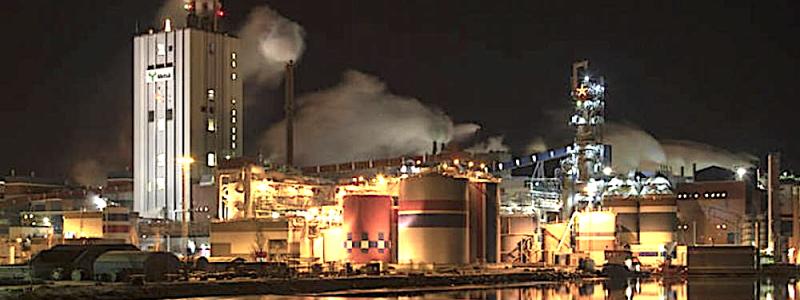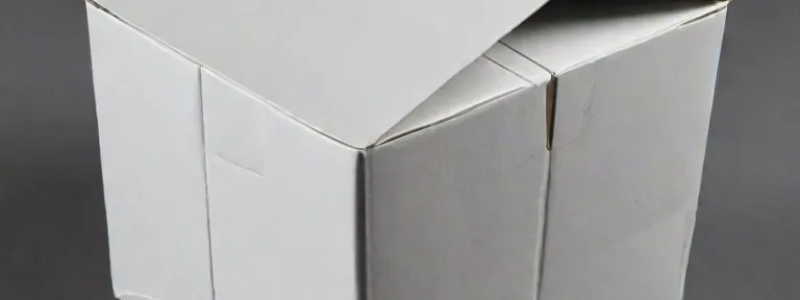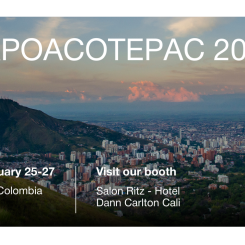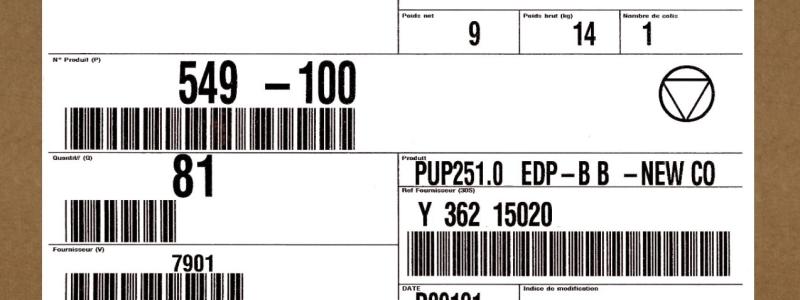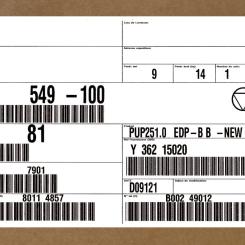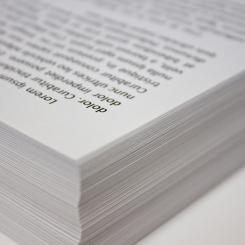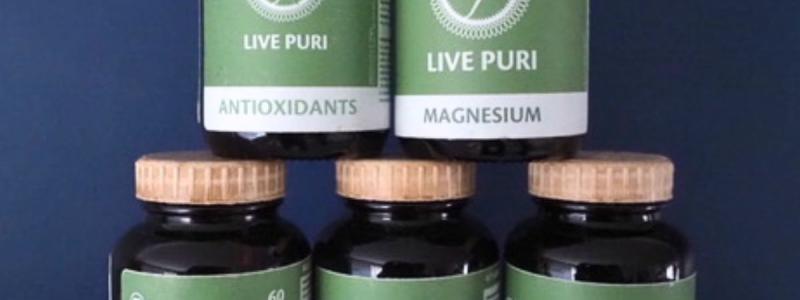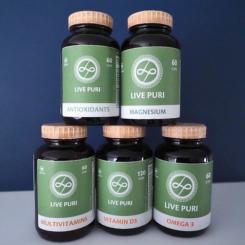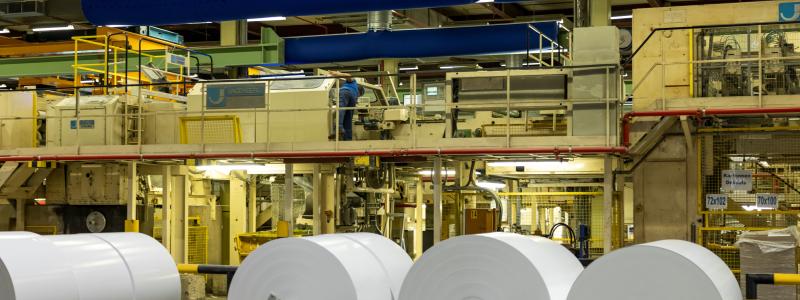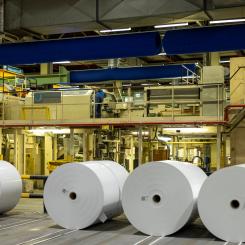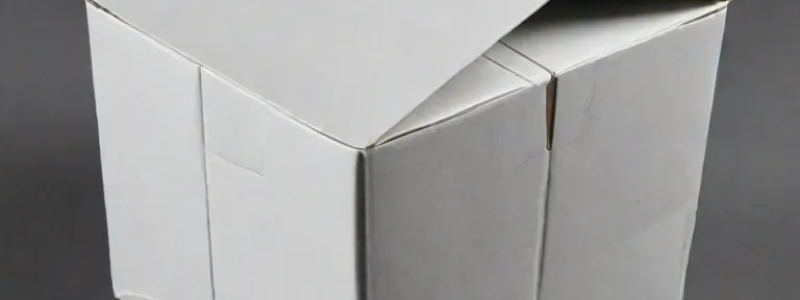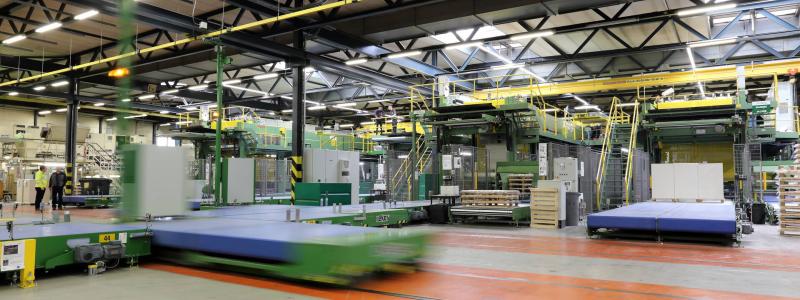Munksjö and a leading suppliers of release papers for the Pressure Sensitive Adhesive (PSA) industry, has announced today the completion of an earlier laboratory study, revealing that the typical carrier of PSA labels - silicone coated glassine paper - meets compostability, in addition to biodegradability requirements.
Glassine papers are coated with a thin layer of silicone to serve as release carriers of PSA labels through printing cutting and application to a wide range of consumer and industrial products. In 2016, third party analysis commissioned by Munksjö had proven biodegradability of the material according to EN 14046:2003, which represents one pre-requisite for compostability. In order to be compostable according to EN13432 standard, the material should additionally meet criteria of chemical composition, physical disintegration, quality of the final compost produced, and eco-toxicity. All conditions were met by the samples of silicone coated release paper.
“Recycling always represents a preferred end-of-life option, and surveys report that paper recycling rates in Europe are the highest among various materials, even in the specific field of release liners. Those tests prove that - even after silicone coating performed by our customer industries - paper release liners remain both biodegradable and compostable as the paper substrate they are based on. As a consequence, the environmental impact of residual paper release liner waste, eventually not recycled at the end of its life-cycle, will be lower than other materials based on non-renewable resources. Moreover, these features could also open recycling opportunities in new applications beyond those in use today” comments Marco Martinez, Product and Sustainability Manager, Release Liners.
The analysis was performed on Munksjö’s 58 g/m [2] glassine paper, coated on one side with approximately 1 g/m [2] of silicone, which represent common conditions for release liners used as carriers of PSA labels. Samples were first tested according to EN 14046:2003, which specifies a method for the evaluation of the ultimate aerobic biodegradability of packaging materials based on organic compounds over a period of 180 days. Following to that, the samples did undergo a 12 week analysis to assess physical disintegration, quality of the final compost produced, and eco-toxicity as prescribed by EN13432 standard.
The study was performed by Ecol Studio, an environmental analyses laboratory accredited by Italy’s National Accreditation Body Accredia, in compliance with ISO 17025:2005 standards and EN 45000 European norms.












